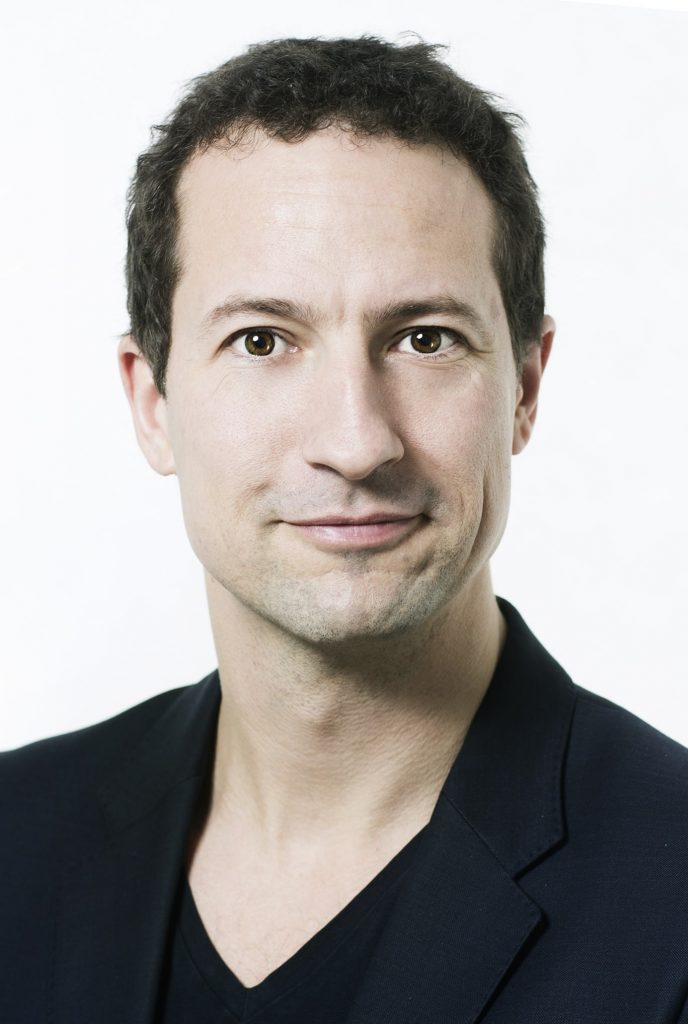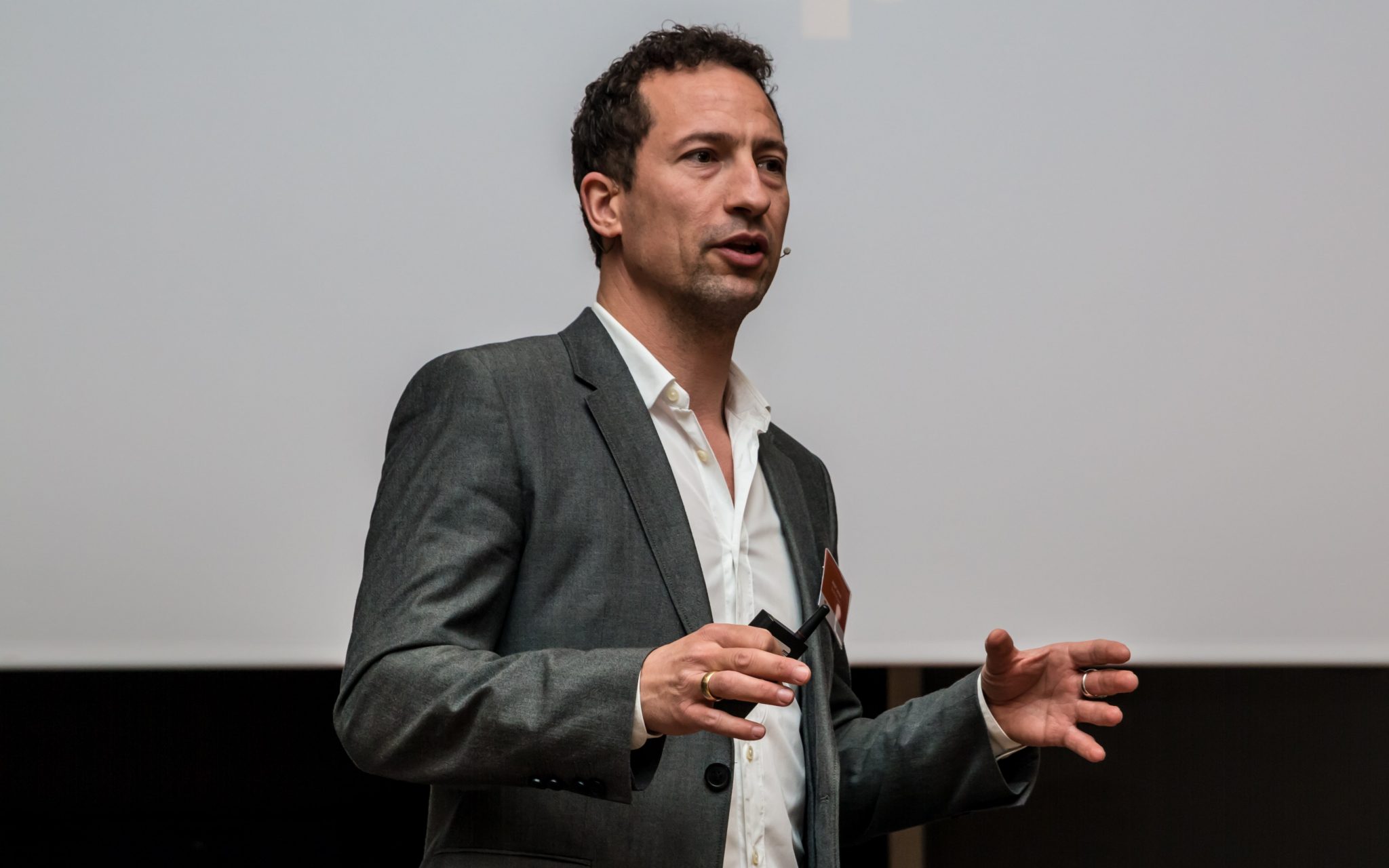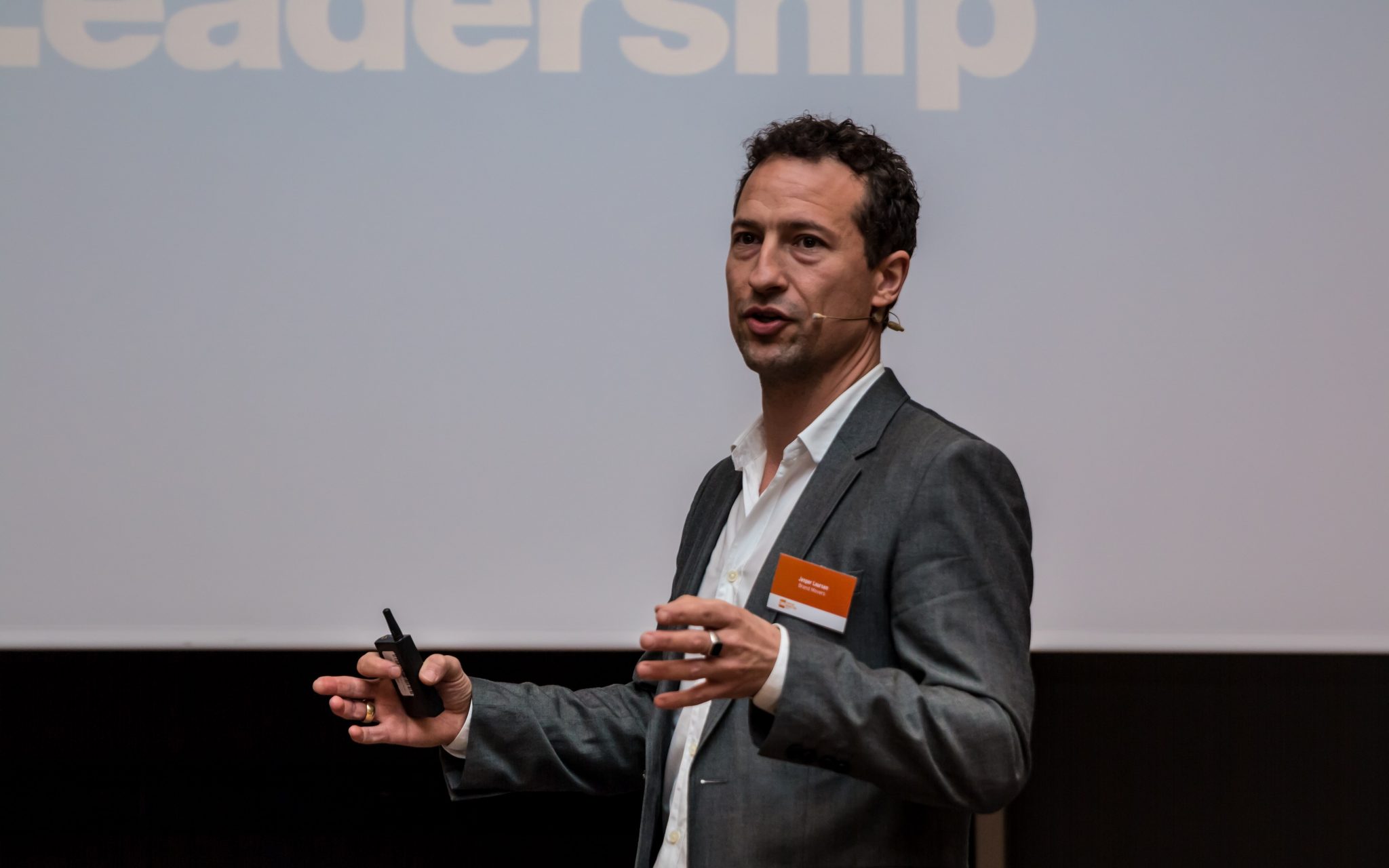Jesper Laursen (CEO of Brand Movers): A successful entrepreneur needs to be a comeback kid
Jesper Laursen is the CEO of Brand Movers, an award-winning content marketing agency, the founder of the international think tank, the Native Advertising Institute, and the journalistic production company Media Movers.
He is passionate about building a business through storytelling. He was originally a journalist but has now been working with content marketing and native advertising for more than a decade both as an international speaker and as a consultant through his businesses.

I reached out to Jesper and invited him to do a short interview. He said yes so I happily asked him a few questions about his decision to turn entrepreneur, the challenges he faced while building his business, his opinion on the skills entrepreneurs should acquire to be successful, and the future of marketing.
Read his answers below.
1. You are a journalism graduate. What made you decide to become an entrepreneur?
As part of becoming a journalist in Denmark, you have to do an 18-month internship at a media company.
I quickly had some ideas on how to revitalize journalism and the organization, even as an intern, and I presented this to management.
They didn’t listen at all. The ideas might have been bad but in the process, I realized that it would take me way too long to climb the ladder high enough to have a say on how things were running.
So I went out and started my first company when I was still at the journalism school. It ran for seven years with decent success. I’ve been an entrepreneur ever since and today I run three other businesses.
[bctt tweet=”Jesper Laursen (CEO of BrandMovers): One of the most underestimated challenges for #entrepreneurs is the paradox of how success can actually kill you.” username=”brand_minds”]
2. You’ve been running your company for more than a decade. As a successful entrepreneur, name a few challenges you and your team had to overcome.
One of the most underestimated challenges for entrepreneurs is the paradox of how success can actually kill you.
By that, I mean that you oftentimes have to deliver the work before you’re paid. And the faster you grow, the more work you have to deliver before you see any revenue and that requires solid cash flow.
You can, of course, try to get a loan or venture capital but that means selling part of your business. We haven’t been interested in that yet and as a consequence, there have been challenges with our cashflow every time our business has taken a big leap forward.

3. What skills do you believe successful entrepreneurs should acquire or further develop?
Three things.
Firstly, you need to be a comeback kid. It’s almost impossible to experience endless success. You will always run into problems at some point and it’s crucial to be able to cope with challenges and bounce back mentally even from big blows.
Secondly, you need to be able to think analytically. You don’t have to be the most intelligent person in your industry but you at least need to be street smart enough to think four or five steps ahead.
And then thirdly, be brave and fearless. And by that, I don’t mean stupid or reckless. But to be successful you will need to step out of your comfort zone and take chances on a regular basis. You have to be comfortable with that.
[bctt tweet=”Brand Movers CEO Jesper Laursen: You need to be a comeback kid, be able to think analytically and last but not least, be brave and fearless. ” username=”brand_minds”]
4. Technology in paid advertising: yay or nay?
Absolutely yay.
There are endless opportunities in technology – both in paid advertising and in general – and it is empowering more and more companies to be independent of agency help.
That said, one of the biggest mistakes companies make when it comes to technology is that they over-invest. It is so easy to get excited about the possibilities but if you don’t have the resources and skills to leverage the technologies you invest in, you lose money and might even end up hurting your business instead of helping it.

5. A lot has changed in marketing in the past years. Name 3 trends in native advertising that you believe will go big in 2020.
I think we will continue to see publishers playing a bigger role with brand studios popping up all over.
The agency ecosystem is being turned upside down and I predict the losers will be media buying agencies and advertising agencies.
Advertisers, on the other hand, will benefit from the competition. Advertisers will begin to integrate native advertising more with the other tactics that they are using instead of treating it like a stand-alone activity. Especially content marketing will be integrated with native advertising.
Technology and data will be a major thing in 2020. Not sure we’re going figure it out in 2020, but GDPR and Apple’s crusade against third party data are both closing and opening doors and we will have to start dealing with this disruption of our market.
[bctt tweet=”Jesper Laursen (Brand Movers CEO): The future belongs to the brands that are genuinely obsessing over helping their customers achieve their goals.” username=”brand_mins”]
6. What is the future of marketing? Share your vision with our readers.
I could go with artificial intelligence, voice or some other thing that we usually hear.
But I’m going to go with helping.
![]() Learn more: How voice is changing customer behaviour and the way we do marketing
Learn more: How voice is changing customer behaviour and the way we do marketing
By that, I mean that the future belongs to brands that are genuinely obsessing over helping their customers achieving their goals or aspirations and solving their problems.
I believe that consumers will turn away from brands that keep manipulating them in new and different ways and turn to brands that they feel they can actually trust.
And the only way to gain trust is to be transparent and genuine.
Join the Conversation
We’d love to hear what you have to say.
Get in touch with us on our LinkedIn Group, Facebook Group or Twitter.